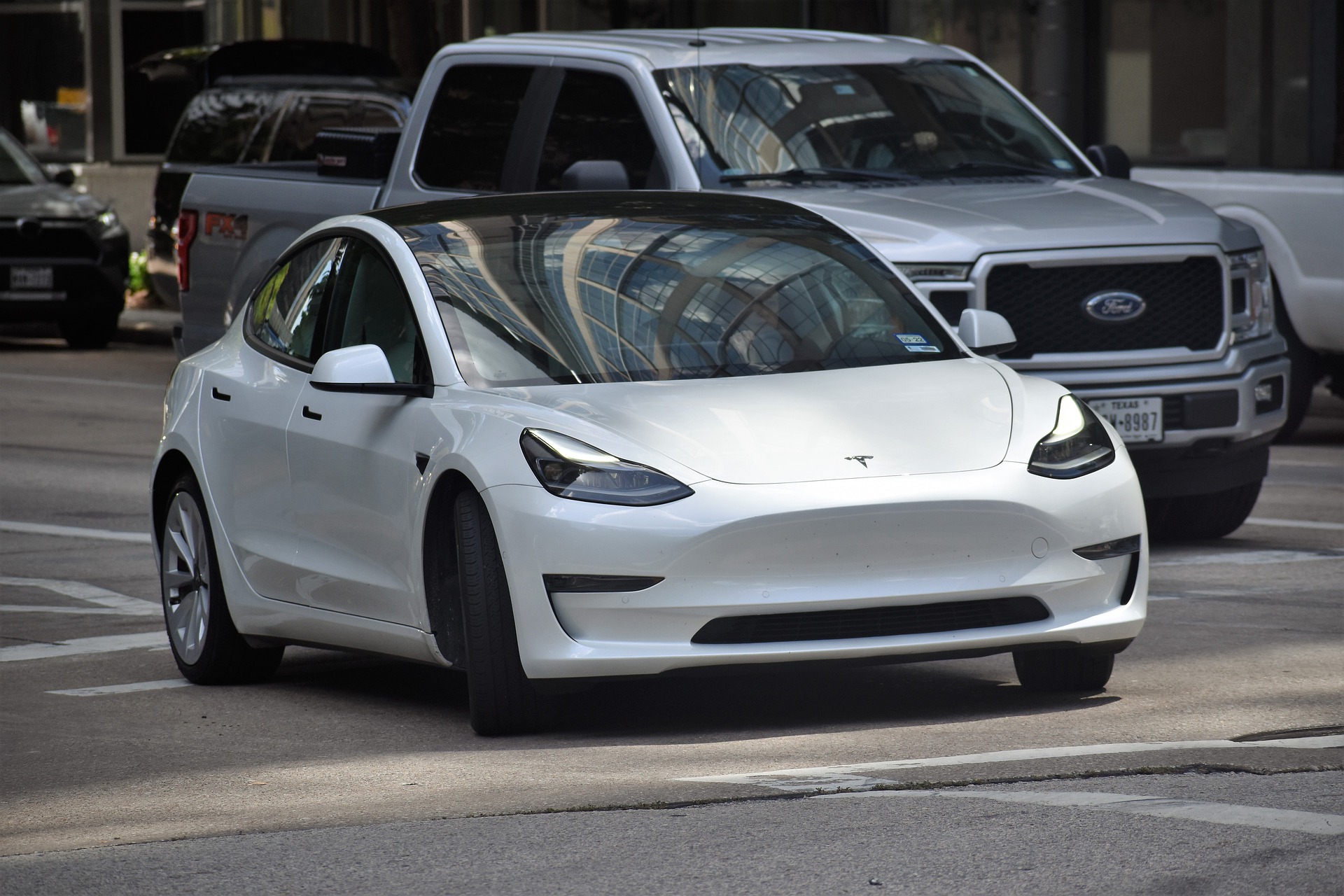Riding the Wave of Advanced Engine Cooling Systems
The roar of a finely tuned engine is music to the ears of a car enthusiast. As the pistons pump and the exhaust bellows, a symphony of power is created. But maintaining that harmonious performance relies on a less-heralded hero: the engine cooling system.

A Peek into the Past: Cooling Systems through the Ages
The story of engine cooling systems is a tale as old as the automobile itself. When the first combustion engines hit the road, they were air-cooled. That’s right - the same air that rushed past the driver as they motored along also served to cool the engine. However, this method was far from reliable and often caused engines to overheat, resulting in breakdowns and costly repairs.
Then came the innovation of water-cooling. By circulating water around the engine block, heat was more efficiently dissipated, allowing engines to run longer and more powerfully. This breakthrough revolutionized the automotive industry, but it still had its limitations. The water cooling system was heavy, added complexity to engine design, and was still prone to overheating during high-speed travel or in warmer climates.
The Modern Masterpiece: Advanced Engine Cooling Systems
Today, we are in the era of advanced engine cooling systems. These systems are the unsung heroes, working tirelessly to keep the engine at the optimal temperature for performance and longevity. They have evolved to become an intricate network of sensors, pumps, and fans, all working in harmony to maintain the ideal engine temperature.
One key advancement has been the use of electric water pumps. Unlike their mechanical counterparts, electric pumps can be controlled more precisely, varying the flow of coolant based on the engine’s needs. This reduces energy waste, improves fuel efficiency, and enhances the engine’s performance.
Current Trends and Future Implications
As we look to the future, the need for efficient cooling is only set to increase. Engines are becoming smaller, yet more powerful, which means they generate more heat. This heat must be effectively managed to prevent damage and maintain performance.
One emerging trend in engine cooling is the adoption of predictive cooling systems. These use advanced algorithms and real-time data to anticipate the cooling needs of the engine. For instance, if a driver is about to ascend a steep hill, the system might increase coolant flow to prevent overheating.
The Impact: A Cooler Future
The benefits of these advancements in engine cooling are manifold. More efficient cooling systems mean less energy is wasted, improving fuel efficiency and reducing emissions. In addition, by maintaining a stable engine temperature, these systems can help to prolong the life of the engine, reducing the need for costly repairs or replacements.
But perhaps the most exciting benefit is the impact on performance. With advanced cooling systems, engines can run hotter, pushing the boundaries of what’s possible in terms of power and speed. So, the next time you marvel at the performance of a sports car, spare a thought for the humble cooling system - the unsung hero, working tirelessly beneath the hood.
From the early days of air-cooling to the sophisticated systems of today, the evolution of engine cooling has been a journey of innovation and improvement. As we continue to push the boundaries of automotive technology, one thing is clear: a cool engine is key to a hot performance.





